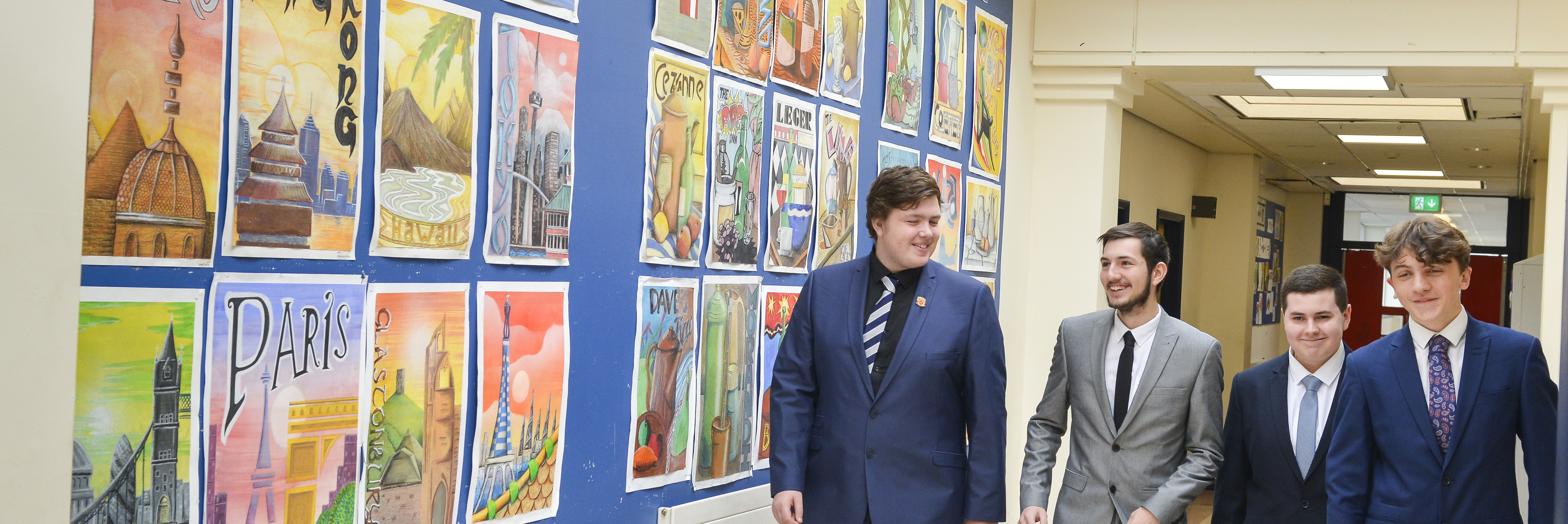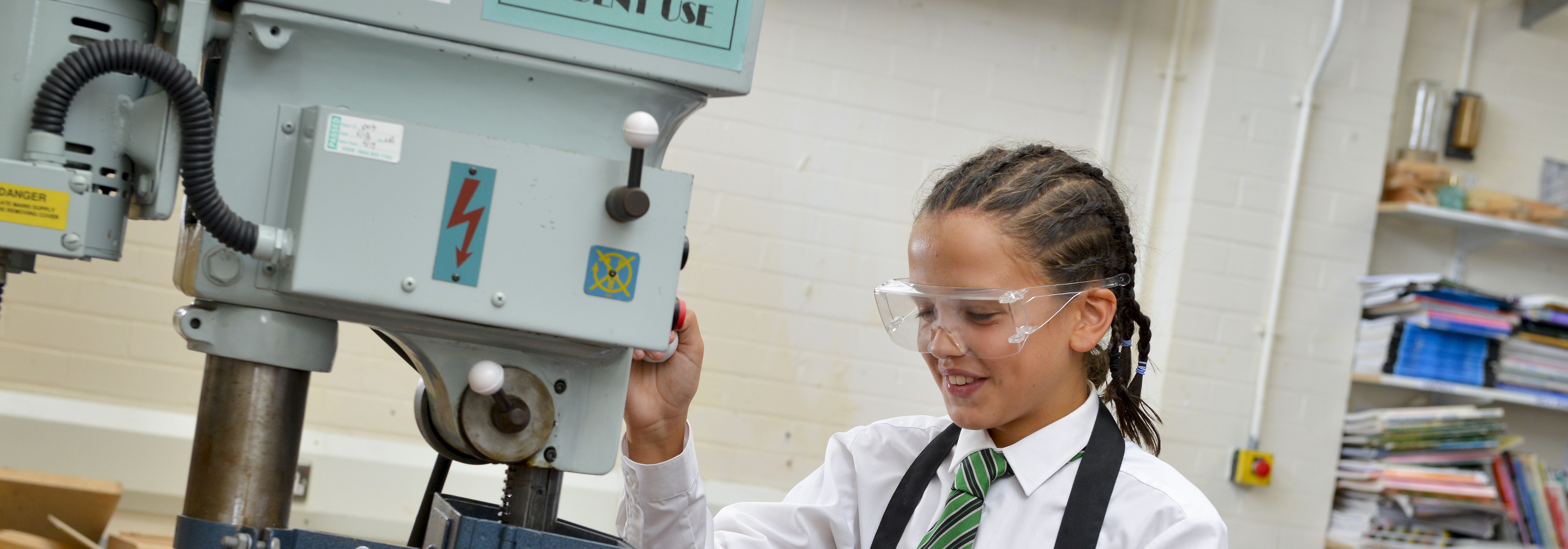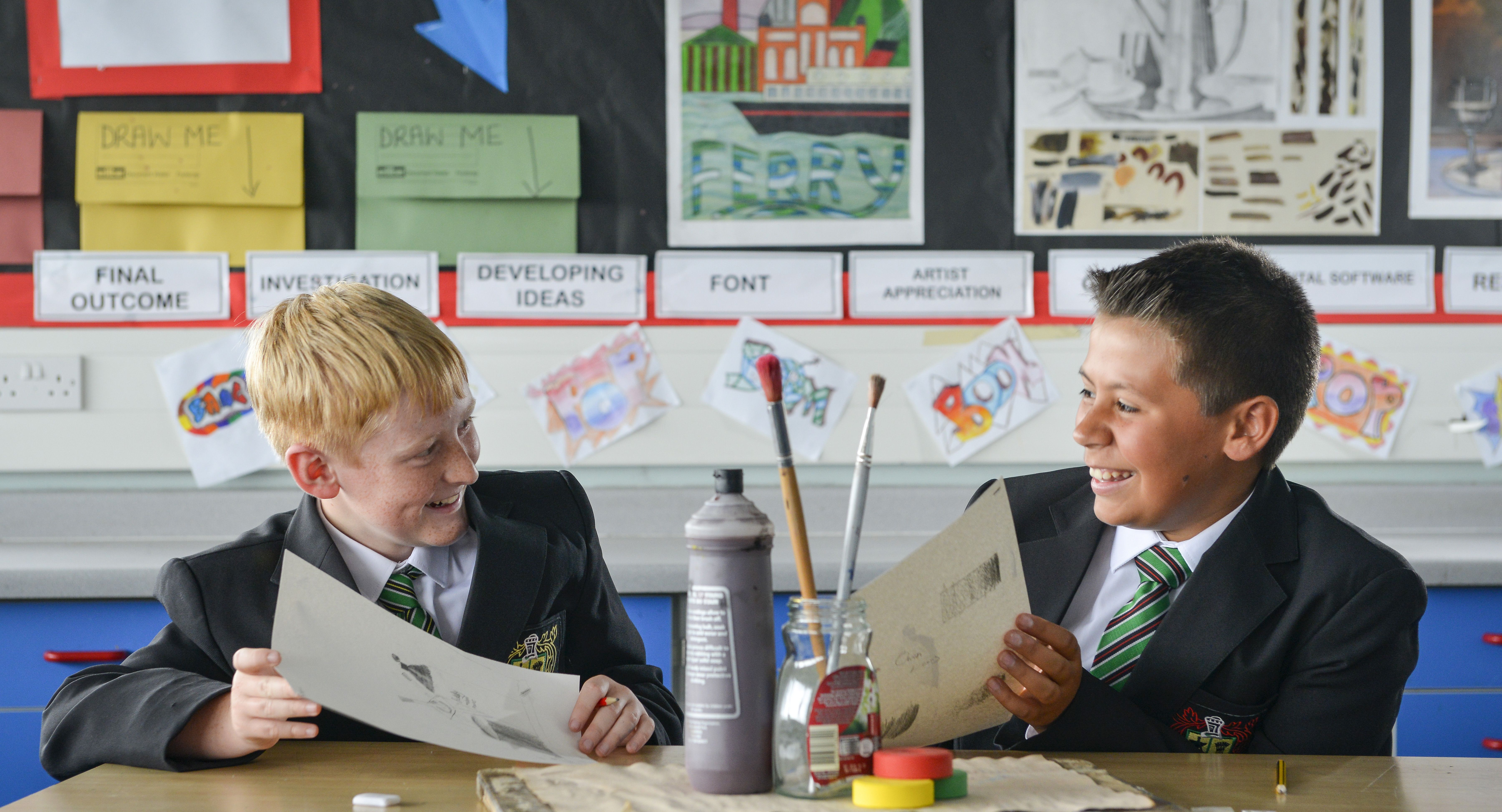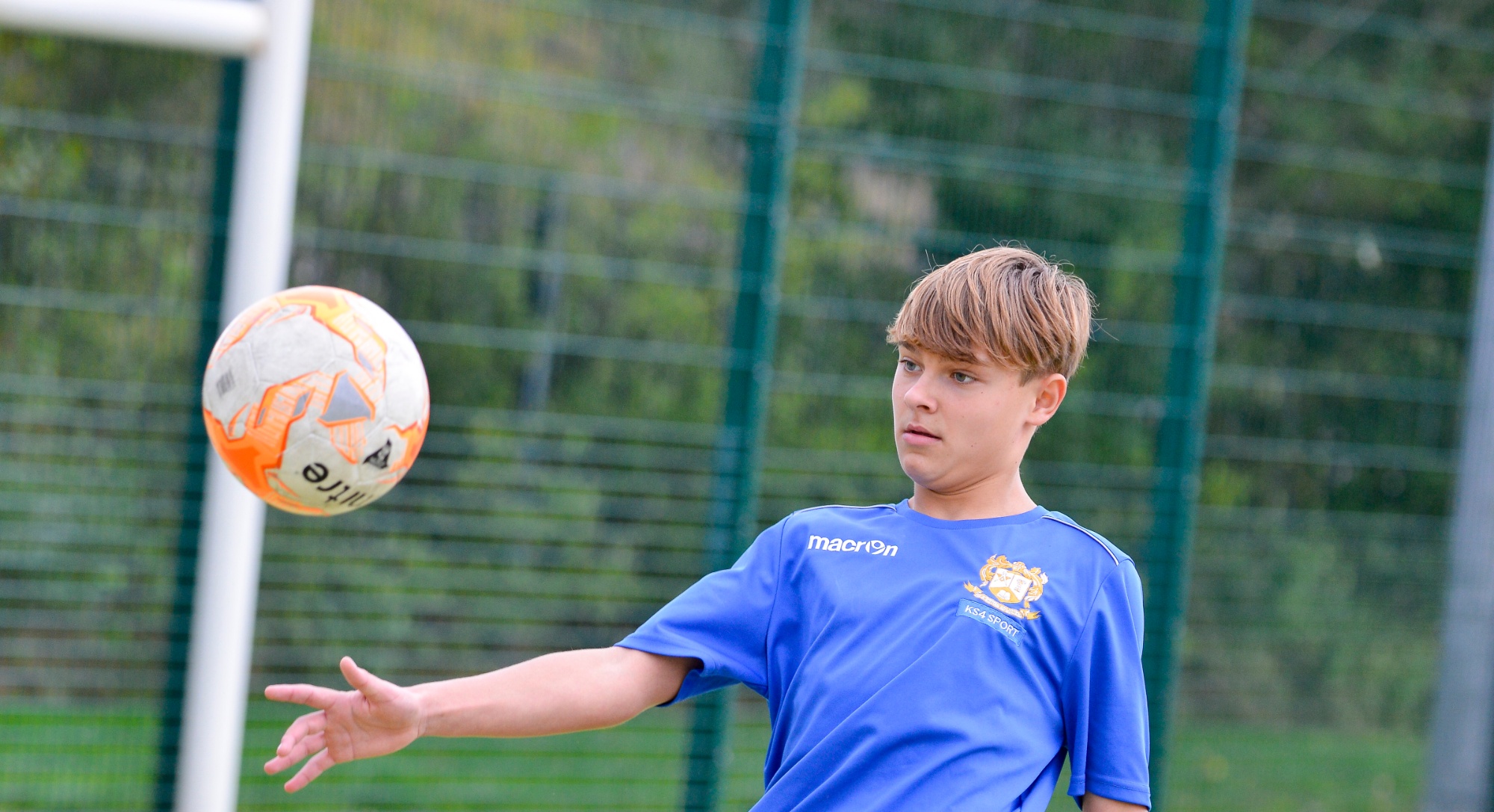Wider Reading
For students wanting to learn more about what Computer Science is really about, we encourage you to read any relevant materials that you find interesting. Some examples are provided below to get you started:
Key Stage 3 Recommended Reads
Computational Fairy Tales by Jeremy Kubica
Have you ever thought that computer science should include more dragons and wizards? Computational Fairy Tales introduces principles of computational thinking, illustrating high-level computer science concepts, the motivation behind them, and their application in a non-computer—fairy tale—domain.
Once Upon an Algorithm: How Stories Explain Computing by Martin Erwig

How Hansel and Gretel, Sherlock Holmes, the movie Groundhog Day, Harry Potter, and other familiar stories illustrate the concepts of computing. Picture a computer scientist, staring at a screen and clicking away frantically on a keyboard, hacking into a system, or perhaps developing an app. Now delete that picture. In Once Upon an Algorithm, Martin Erwig explains computation as something that takes place beyond electronic computers, and computer science as the study of systematic problem solving.
The Thrilling Adventures of Lovelace and Babbage: The (Mostly) True Story of the First Computer 
Meet two of Victorian London's greatest geniuses... Ada Lovelace, daughter of Lord Byron: mathematician, gambler, and proto-programmer, whose writings contained the first ever appearance of general computing theory, a hundred years before an actual computer was built. And Charles Babbage, eccentric inventor of the Difference Engine, an enormous clockwork calculating machine that would have been the first computer, if he had ever finished it.
The Code Book: The Secret History of Codes and Code-breaking 
From the best-selling author of Fermat’s Last Theorem, The Code Book is a history of man’s urge to uncover the secrets of codes, from Egyptian puzzles to modern day computer encryptions.
As in Fermat’s Last Theorem, Simon Singh brings life to an astonishing story of puzzles, codes, languages and riddles that reveals man’s continual pursuit to disguise and uncover, and to work out the secret languages of others.
Alan Turing (Little People, BIG DREAMS) 
Alan grew up in England, where his best friends were numbers and a little boy called Christopher. When his young friend died, Alan retreated to the world of numbers and codes, where he discovered how to crack the code of the Nazi Enigma machine. This moving book features stylish and quirky illustrations and extra facts at the back, including a biographical timeline with historical photos and a detailed profile of the brilliant mathematician's life.
Ada Lovelace (Little People, BIG DREAMS) 
Meet Ada Lovelace, the British mathematician and daughter of poet Lord Byron. New in the Little People, Big Dreams series, this inspiring and informative little biography follows the colourful life of Lord Byron’s daughter, from her early love of logic, to her plans for the world's first computer program. With stylish and quirky illustrations and extra facts at the back, this empowering series celebrates the important life stories of wonderful women of the world.
Key Stage 4 Recommended Reads
The Pattern On The Stone 
Will computers become thinking machines? A scientist at the cutting-edge of current research gives his provocative analysis.
The world was shocked when a computer, Deep Blue defeated Gary Kasparov, arguably the greatest human chess player ever to have lived. This remarkable victory, and other, more day-to-day innovations, beg serious questions: what are the limits of what computers can do? Can they think? Do they learn?
But How Do It Know? - The Basic Principles of Computers for Everyone 
Finally, this brand new book exposes the secrets of computers for everyone to see. Its humorous title begins with the punch line of a classic joke about someone who is baffled by technology.It was written by a 40-year computer veteran who wants to take the mystery out of computers and allow everyone to gain a true understanding of exactly what computers are, and also what they are not.Years of writing, diagramming, piloting and editing have culminated in one easy to read volume that contains all of the basic principles of computers written so that everyone can understand them.
Outnumbered: From Facebook and Google to Fake News and Filter-bubbles 
In this book, David Sumpter takes an algorithm-strewn journey to the dark side of mathematics. He investigates the equations that analyse us, influence us and will (maybe) become like us, answering questions such as:
Who are Cambridge Analytica? And what are they doing with our data?
How does Facebook build a 100-dimensional picture of your personality?
Are Google algorithms racist and sexist?
Why do election predictions fail so drastically?
Are algorithms that are designed to find criminals making terrible mistakes?
Artificial Intelligence: Everything you need to know about the coming AI. 
This book is for everyone living in the age of Artificial Intelligence. And this is an accessible and authoritative introduction to one of the most important conversations of our time . . .
Written by computer scientist Michael Wooldridge, Artificial Intelligence chronicles the development of intelligent machines, from Turing's dream of machines that think, to today's digital assistants like Siri and Alexa.
AI is not something that awaits us in the future. Inside you'll learn how we have come to rely on embedded AI software and what a world of ubiquitous AI might look like.
Hello World by Hannah Fry 
You are accused of a crime. Who would you rather determine your fate – a human or an algorithm?
An algorithm is more consistent and less prone to error of judgement. Yet a human can look you in the eye before passing sentence.
Welcome to the age of the algorithm, the story of a not-too-distant future where machines rule supreme, making important decisions – in healthcare, transport, finance, security, what we watch, where we go even who we send to prison. So how much should we rely on them? What kind of future do we want?
Bletchley Park Brainteasers 
Bletchley Park Brainteasers was the runaway Christmas bestseller in 2017 and delighted hundreds of thousands of devoted puzzlers with its fiendish puzzles, riddles and enigmas. It's never too late to join the code breakers of Bletchley Park in their enjoyment of a devilish challenge!
Would you love to master Morse code? Could you have outsmarted an enigma machine. Would your love of chess have seen you recruited into the history books?
Magazines, blogs, journals, videos and websites
- CS4FN (Computer Science for Fun) is a magazine on computer science aimed at school students "Explore how computer science is also about people, solving puzzles, creativity, changing the future and, most of all, having fun." It was printed twice a year (up to 2018) and has an associated website with additional articles.
- Computer Science Unplugged - a Computer Science curriculum for pre-university students developed in New Zealand.
- Computerphile videos
- Making sense of AI This A-Z guide offers a series of simple, bite-sized explainers to help anyone understand what AI is, how it works and how it’s changing the world around us.
- Isaac Computer Science - free online learning platform for A-level Computer Science
- Codecademy provides a fun introduction to programming.
- CodeClub is an after school activity for children.
- Khan Academy Pixar in a Box is a behind-the-scenes look at how Pixar artists do their jobs. You will be able to animate bouncing balls, build a swarm of robots, and make virtual fireworks explode.
- Cyber Discovery – an extracurricular cybersecurity learning programme for Y10–13 students from across England.
















